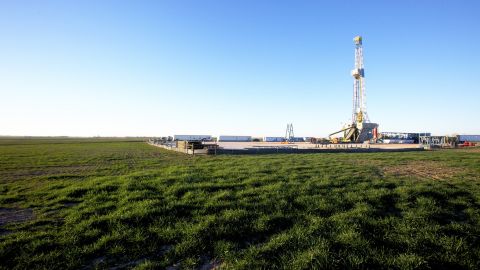
The Eagle Ford Shale: Even the Oil Woes Are Bigger in Texas
The shale in Southeast Texas has the potential to emit 5.9 billion tons of carbon dioxide over the course of its extraction lifetime.

The shale in Southeast Texas has the potential to emit 5.9 billion tons of carbon dioxide over the course of its extraction lifetime.
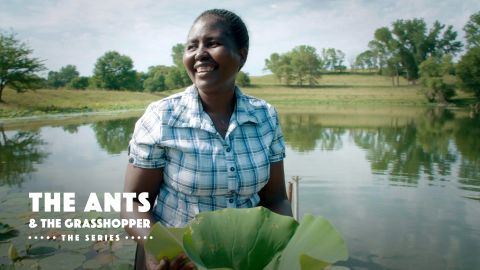
This episode invites viewers to consider the urgent need for collective accountability in safeguarding our planet.

"Facing Down the Fossils" is a new series about Americans dealing with the generational consequences of the fossil fuel industry.
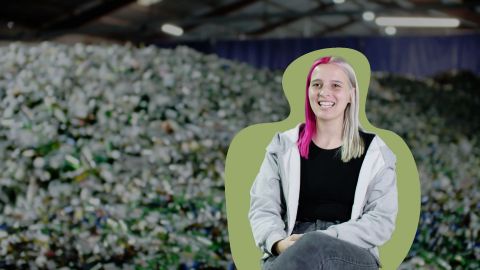
A look at how glass recycling could help slow land loss along the U.S. Gulf Coast, focusing on a startup that turns bottles into sand.
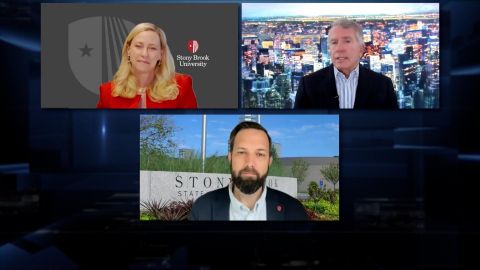
After years of speculation and bold proposals for Governors Island, the site will become home to a $700 million climate campus.
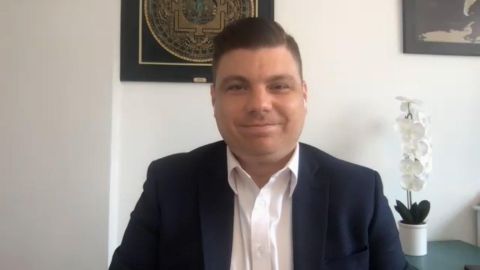
Dr. Dan Westervelt, an air pollution scientist, explains the impacts wildfire smoke can have on your health.
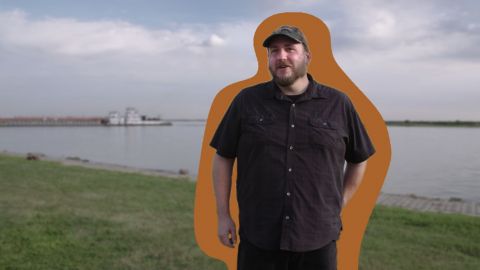
One former oil-and-gas worker is fighting the industry’s plans from his backyard on the Louisiana Gulf Coast.
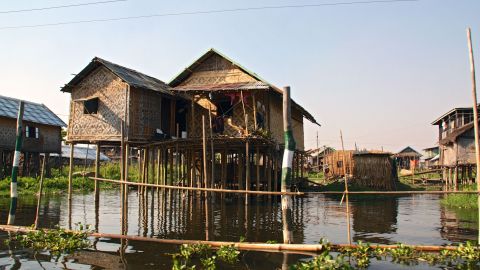
Stilt houses offer coastal communities a way to adapt to climate change, reducing flood risk and increasing tourism revenue.

A recent survey from Global Witness found over a third of climate scientists have experienced online harassment or abuse.
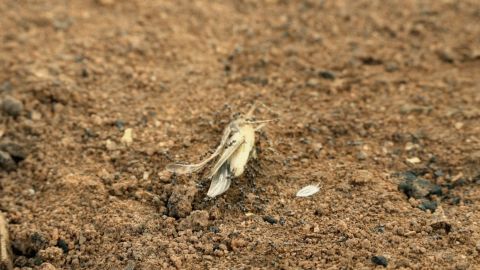
An essay by Raj Patel about "The Ants & the Grasshopper: The Series," about two Malawians who raise awareness about climate change.

The journey of Malawian activists to Washington, D.C. reveals some of the factors that are blocking climate action in the United States.

The Navajo Nation is involved in a Supreme Court case about water access on the reservation. How will the justices rule?